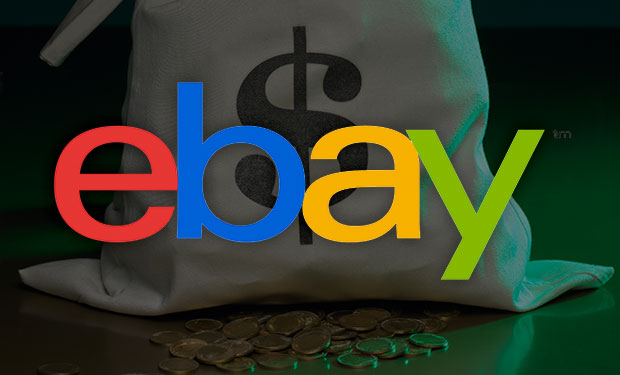eBay Sees Revenue Decline Due to Breach
Pace of Customers Returning Slower in Europe than U.S.
Online retailer eBay is feeling the impact of its early 2014 breach where it hurts the most: in its coffers.
See Also: Identity as a Game-Changing Breach Defense
The breach is the primary reason company officials say they lowered eBay's annual revenue target by $200 million to between $18 billion and $18.3 billion.
The cyberattack, along with changes in Google's search engine optimization protocols, had an adverse impact on eBay's sales, CEO John Donahoe said in a July 16 call with security analysts. "We're confident that we'll work through the global password reset and the SEO changes," he says. "It will take longer and cost more."
The attack, which eBay revealed in May, occurred between late February and early March, and originated after a small number of employee log-in credentials were compromised. That allowed cyber-attackers to gain access to eBay's corporate network.
Compromised information included encrypted passwords, customer names, e-mail addresses, mailing addresses, phone numbers and dates of birth, according to the company. The exposed database did not contain financial information, eBay says. The company urged 145 million customers to reset their passwords (see eBay Breach: 145 Million Users Notified).
Donahoe says the breach "immediately [had an] impact when we were not letting people in the door until they reset their passwords."
The pace of customers resetting passwords and resuming shopping on eBay was fairly consistent worldwide, except in Europe. "In Europe, while we were immediately impacted, and things had gotten better, the recovery has gotten a little bit slower than it's been here in the U.S," Donahoe says. He didn't explain why European customers lag in resetting their passwords.
Asian customers, especially those in South Korea, weren't affected by the breach because eBay operates its online shopping service on a different e-commerce platform than those used by North American and European customers, the CEO says.













